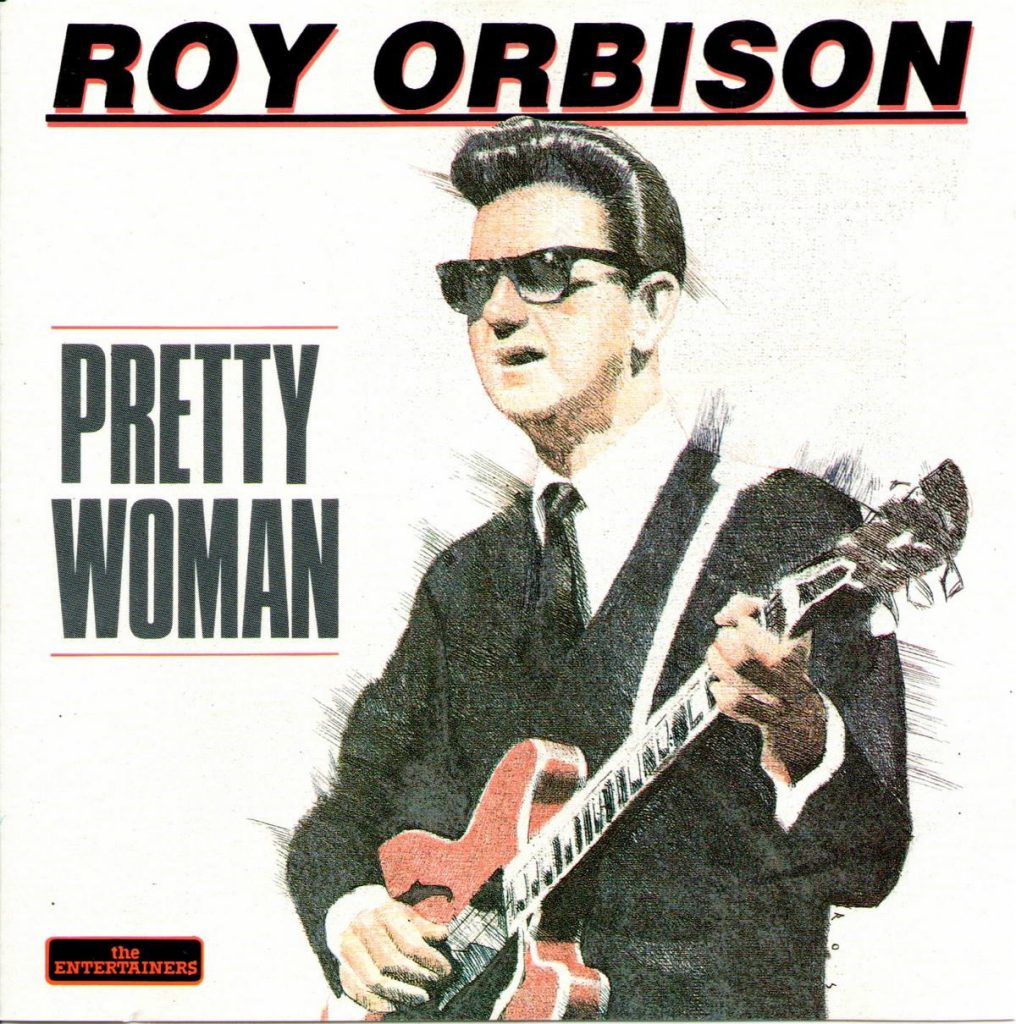
“Oh, Pretty Woman”: A Timeless Ode to Captivating Beauty and Lingering Desire
Ah, “Oh, Pretty Woman.” Just the title itself, for many of us, conjures an instant cascade of memories. It’s a song that has, for decades, been a constant companion on the radio waves, in films, and humming softly in the back of our minds. It’s more than just a catchy tune; it’s a testament to the undeniable power of an unexpected encounter and the indelible mark it can leave on the soul. When Roy Orbison first unleashed this gem upon the world in August 1964, it wasn’t just a hit; it was a phenomenon, soaring to the coveted number one spot on both the Billboard Hot 100 in the United States and the UK Singles Chart. For those of us who remember those days, it felt like the air itself vibrated with its infectious rhythm, a soundtrack to the summer of ’64 that promised endless possibilities.
The story behind “Oh, Pretty Woman” is as charming and spontaneous as the song itself. It’s said that Orbison, alongside his songwriting partner Bill Dees, was working at his home when his wife, Claudette Frady, walked in, announcing she was going out. Dees, ever the jester, quipped, “A pretty woman never needs any money.” This seemingly throwaway line sparked an immediate creative surge. Orbison, known for his deep, almost operatic vocal range and his penchant for dramatic narratives, seized upon the phrase. He and Dees began to furiously write, constructing the song almost on the spot. The inspiration was immediate, the muse undeniable. Imagine the scene: two friends, caught in a moment of playful banter, suddenly realizing they’ve stumbled upon gold. It speaks to the serendipitous nature of creativity, how the most profound ideas can spring from the simplest of observations.
At its heart, “Oh, Pretty Woman” is a straightforward, almost childlike expression of awe and admiration. It’s about that moment when a person, perhaps walking down the street on an ordinary day, suddenly encounters someone so striking, so captivating, that the world seems to stop. The lyrics paint a vivid picture: the protagonist, consumed by the vision of this “pretty woman,” finds himself almost involuntarily compelled to follow her, to acknowledge her beauty, and to hope, however fleetingly, that she might acknowledge him in return. “Pretty woman, walking down the street / Pretty woman, the kind I like to meet.” It’s a universal sentiment, that primal human instinct to be drawn to beauty, to be mesmerized by it, and to feel that flicker of hope for connection.
Beyond the immediate charm of its lyrics and its unforgettable guitar riff, “Oh, Pretty Woman” also delves into a deeper, more reflective territory. It’s not just about the initial attraction; it’s about the yearning that follows, the quiet hope that such a vision might not just pass by. The repeated questions – “Are you lonely just like me?” “Pretty woman, won’t you pardon me?” – speak to a vulnerability, a desire to bridge the gap between observer and observed. And then, that iconic moment, the twist, when she turns back, offering that glimmer of possibility. It’s a testament to the power of a single glance, a simple gesture, to transform the mundane into the magical. For many of us, it evokes memories of similar moments in our own lives, those unexpected encounters that, for a brief time, held the promise of something more.
The arrangement of “Oh, Pretty Woman” is a masterclass in simplicity and effectiveness. Orbison’s voice, with its characteristic tremor and soaring range, is perfectly complemented by the driving rhythm section and that instantly recognizable, almost growling guitar riff. It’s a sound that’s both raw and refined, powerful yet understated. The song’s structure, with its build-ups and releases, perfectly mirrors the emotional journey of the lyrics – from initial surprise to hopeful pursuit, and finally, to the triumphant (or at least promising) resolution. It’s a song that, even after all these years, continues to resonate because it taps into a fundamental human experience: the thrill of unexpected beauty and the enduring hope for connection. For those of us who grew up with Roy Orbison’s haunting melodies and dramatic storytelling, “Oh, Pretty Woman” remains a cherished jewel, a timeless reminder of a bygone era when a simple song could capture the imagination of an entire generation.